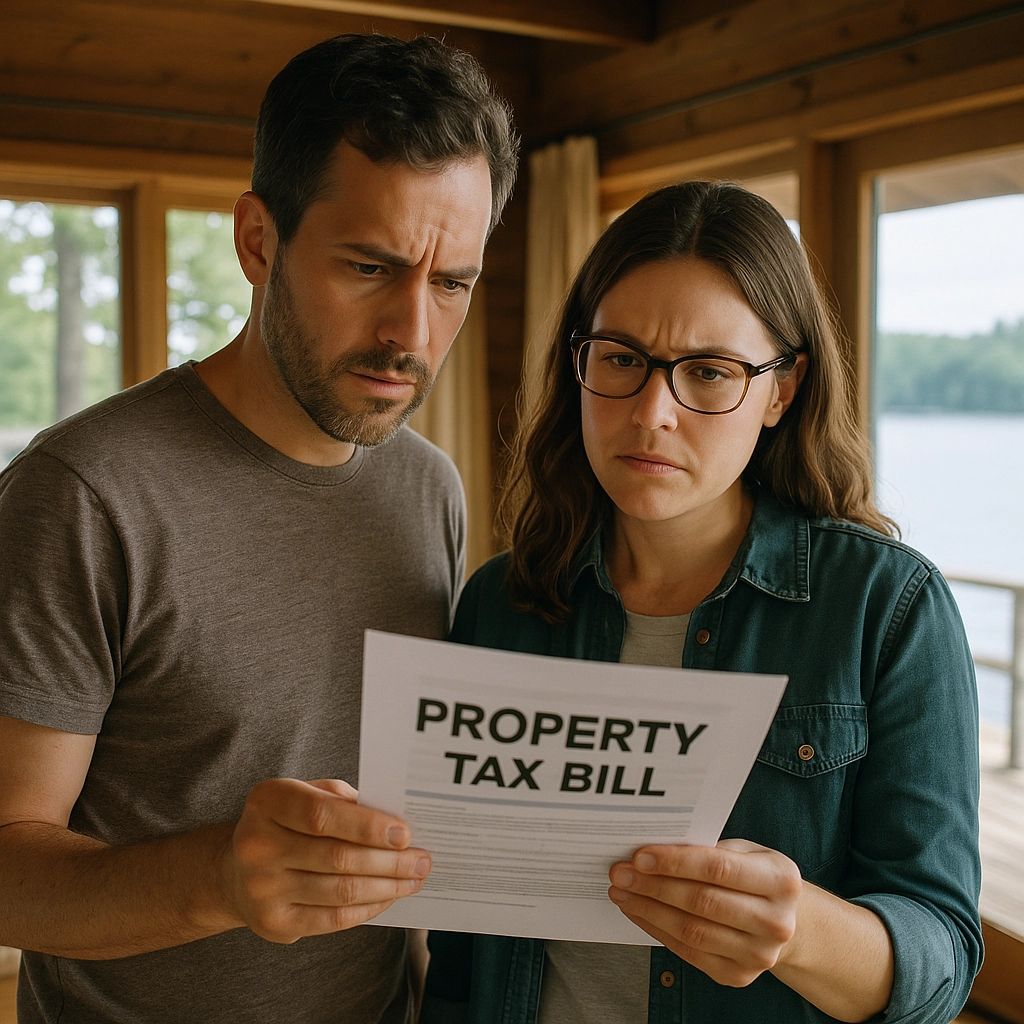California Proposition 19: Parent-Child Transfers—What Families Need to Know About Inheriting Property and Keeping the Tax Base for Their Kids

If you own property in California or expect to inherit from family, chances are you've heard about Proposition 19. Since it took effect in 2021, this law has fundamentally changed how parent-to-child property transfers work—especially when it comes to “keeping the tax base.” So, what does Prop 19 actually mean for everyday families? Let’s break it down in plain English, and share some real-world stories of planning wins and pitfalls.
What Is California Proposition 19?
Proposition 19 is a California law that changed the rules for passing real estate from parents to children. Before Prop 19, it was possible for parents to transfer a family home—or even rental properties—to their kids, and those kids could keep the low property tax rate the parents enjoyed for decades.
Now, under Prop 19:
- Only transfers of a primary residence from parent (or grandparent) to child (or grandchild) are eligible to keep the “tax base”—and only if the child actually lives there.
- There are value limits: Only the original home’s value, plus an annual threshold ($1,044,586 as of 2023), remains protected from reassessment. If the home is worth more, the extra value gets taxed at the current market rate.
- Note: The $1,044,586 exclusion threshold was for 2023. This amount adjusts each year for inflation by the California State Board of Equalization. As of 2025, it’s expected to be around $1.1 million—please double-check the current figure on the Board’s website or with your local assessor. If the home's market value exceeds the cap, only the excess will be reassessed at today’s rates.
- Vacation homes, second homes, and rental properties no longer qualify. These will be reassessed to market value at inheritance, raising property taxes substantially.

The “Tax Base” Explained
Why does all this matter? It comes down to what Californians call the “tax base.”
- Your property tax base is usually the price the property was originally bought at, plus a small annual increase (thanks to Prop 13, another California law).
- In much of the state, families pay $2,000–$5,000 per year on homes now worth $1–$2 million.
- Without Prop 19 protections, your property taxes can skyrocket—sometimes 5x or more—when transferred to the next generation.
Key Requirements for Families
To keep the family’s low property tax assessment when transferring a home, you must meet all of these requirements:
- The property must be your primary residence.
Both the parent (before the transfer) and the child (after the transfer) must use the home as their primary residence - The child (or grandchild) receiving the property must move in within one year.
You have to file a homeowners’ exemption to prove residency. No “pretend moves” allowed—county assessors are watching. - The property’s value can’t exceed the family’s old tax base by more than $1,044,586 (2023 limit).
If it exceeds this amount, only the old value up to that limit is protected—anything higher gets taxed at today’s values. - Vacation and investment properties are fully reassessed.
There are very few loopholes—these second homes can’t keep the tax base, period.
Bonus: Grandparents can transfer property to grandchildren—but only if both of the grandchild’s parents are deceased. If even one parent is still alive, this exclusion does not apply.
Real-Life Example: Planning Win
The Lee Family in San Mateo
Mr. and Mrs. Lee bought their San Mateo home in the 1980s for $125,000. In 2023, their home is worth $2.1 million, but their annual property tax bill is just $1,800—thanks to California’s property tax rules.
They wanted their daughter, Amy, to inherit the family home and keep the low property taxes. Here’s how it worked:
- The Lees structured their estate plan so that, upon their passing, ownership transferred directly to Amy.
- Amy moved into the home, made it her primary residence, and filed the required exemption documents within a few months.
- Result: Amy keeps the Lees’ $1,800 property tax bill. The home’s current value ($2.1M) is within the base value + limit, so there’s no reassessment.
This is a Prop 19 planning success story—the Lees worked with their attorney, planned in advance, and Amy got to keep both the house and the affordable tax bill.

Real-Life Example: A Planning Pitfall
The Chens and Their Vacation Condo
The Chens owned a Lake Tahoe condo as a family getaway spot, purchased for $200,000 in the mid-90s. By 2023, it’s worth $950,000. They thought their sons could inherit and keep the tax base—but here’s what happened:
- When the Chens passed away, the condo transferred to their boys as planned.
- But since the condo is not a primary residence (and the kids already have homes elsewhere), it was reassessed at market value.
- Result: Property taxes jumped from $2,500/year to over $10,000/year, making the “family cabin” unaffordable to keep.
The Chens’ story is unfortunately common: if you’re inheriting anything that isn’t a primary residence, plan for a possible tax hike.
Timelines, Deadlines, and Important Steps
- Date of transfer counts. Prop 19 applies only to transfers made after February 16, 2021.
- 1-year rule is strict. The new owner must move in and claim the property as a primary home within 1 year of the transfer.
- Paperwork matters! File for homeowners’ exemption or disabled veterans’ exemption to lock in your rights.
- Need to downsize? There are some rules letting you transfer the tax base to a new primary home, but those situations are limited and get technical. Ask an estate planning pro.

Common Prop 19 Questions
My parents own a duplex—can I keep the low tax rate if only one unit is my residence?
No—only the unit that becomes your primary home is covered. The other unit will likely be reassessed.
What if my siblings and I inherit the property together?
Only the share owned by the sibling who uses it as a personal residence qualifies. The rest may be partially or fully reassessed.
Does Prop 19 apply if my parents put the house into a trust?
It depends!
If the property is held in a revocable living trust and passes directly to an eligible child (who plans to move in and make it their primary residence), the parent-child transfer exclusion generally applies.
However, if the trust splits the property among multiple children or distributes proceeds instead of direct ownership, reassessment risk increases.
Every family (and trust) is unique—so it’s wise to consult with your estate planning attorney or check county assessor advisories.
What Families Should Do in 2025
With expensive California real estate, maximizing tax benefits now requires careful planning. Here’s what helps:
- Early conversations: Talk as a family about who might want (or be able) to live in the inherited home.
- Update your estate plan: Double-check trusts, wills, and any property transfers with an attorney.
- Run the numbers: Use online Prop 19 calculators or ask your legal team to estimate property tax outcomes for different scenarios.
- Ask about alternatives: There may be other strategies for passing on family wealth—like gifting, or converting a property to a primary residence earlier.
- Get help: These rules are complex, and deadlines matter! Meet with a trusted estate planning attorney who’s tracking Prop 19 changes.
Resource for Chinese-speaking families: 我们可以用中文探讨家庭信托、房地产继承和加州地产转移的法律问题。联系我们,获取中文资源!

Want to Learn More or Get Personalized Advice?
For more resources, planning guides, and expert tips, check out our downloads at https://hsiaolaw.com/downloads. If you’re ready to review your plan or have questions about Prop 19, our team at Hsiao Law is here to help—compassionately and in plain language! Schedule a call now.
Note: California laws change. Always check current requirements or meet with an estate planning attorney for the latest guidance tailored to your family.



